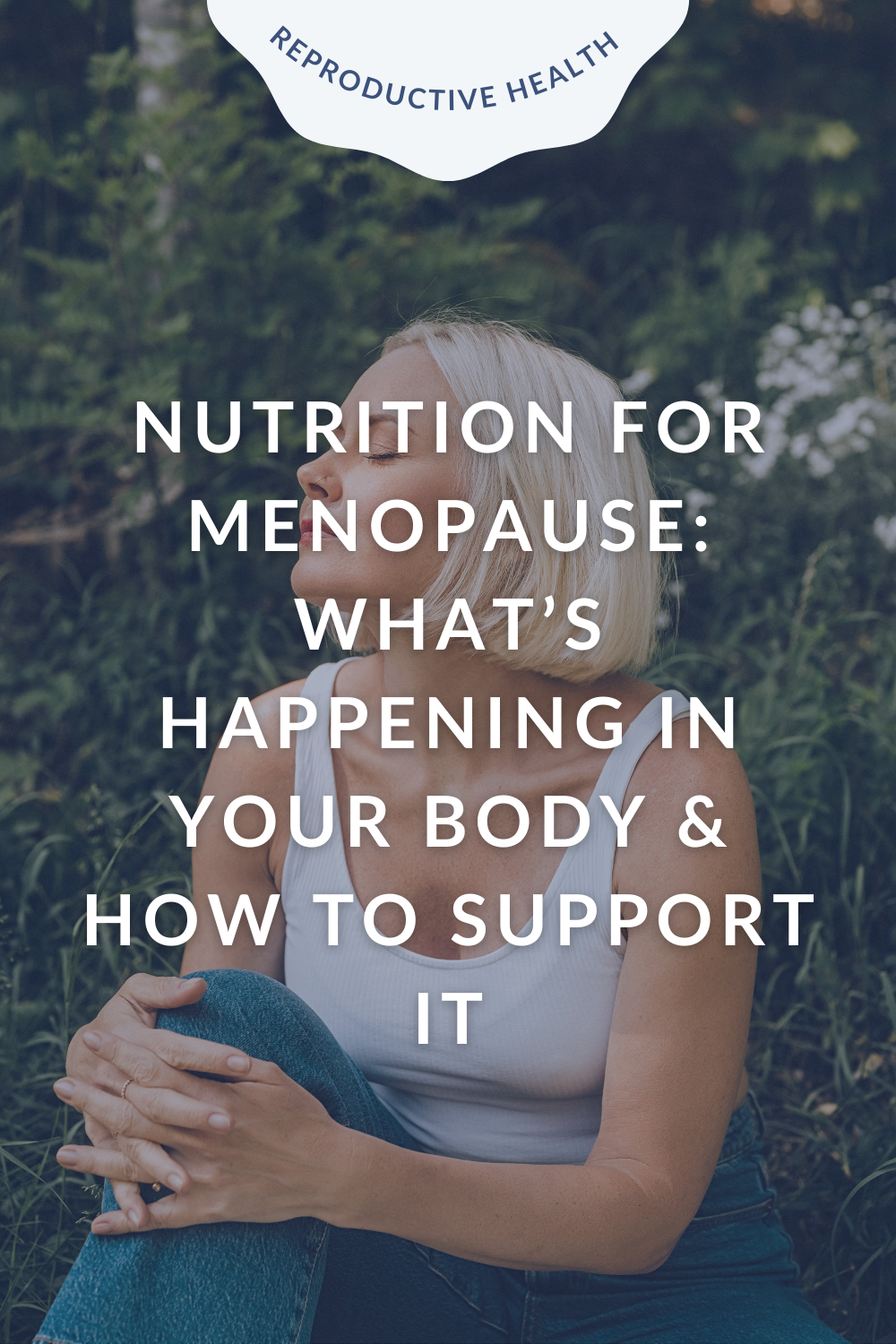Why “Cheat Days” Don’t Work and What to Do Instead
For years, the idea of a weekly “cheat day” has been marketed as a fun, even healthy way to break from a strict eating plan. Social media is full of “what I eat on my cheat day” videos, and many fitness programs still promote the concept.
But despite its popularity, cheat-day eating isn’t doing your body or your relationship with food any favours. Below we’ll break down the science, the psychology, and a gentler approach that truly supports hormone health and long-term well-being.
The Myth of the Significant Metabolic Boost
Cheat days are often sold as a way to “rev up” your metabolism or “reset” hunger hormones by increasing leptin and metabolic rate. Here’s what science actually shows.
It’s true that big meals may temporarily raise leptin (the “fullness hormone”) for about 24 hours post-ingestion. That sounds impressive, but when you consider there are 168 hours in a week, that spike is only a tiny fraction of your total time!
This comes from a really old study from 2000 that found that overfeeding with carbohydrates (and to a lesser extent fat) increased leptin by about 28% for roughly 24 hours. Fat overfeeding barely affected energy use.
Overeating may bump metabolism slightly - roughly 3-10% for 24 hours - but this small uptick doesn’t come close to offsetting the extra calories consumed.
What does this mean for “cheat meals” or eating one big meal a week in an effort to boost metabolism? Pretty much nothing. Even when your body temporarily raises fullness signals or burns a few extra calories, the effect is small and short-lived; it won't make a noticeable difference in weight. Your body naturally feels fuller after a larger meal, but there’s no magical metabolic boost.
Bottom line: the promised metabolic benefits of cheat days are tiny and fleeting. Once those few hours pass, you’re back to baseline.
The Real Impact: Your Mindset
Where cheat days do have a big impact is psychology.
Think about the word cheat. It implies deception or wrongdoing, as if enjoying food is something to feel guilty about.
This sets up black-and-white thinking: Good foods Monday through Saturday; bad foods on Sunday.
This moral labeling can:
Trigger a restricted-binge cycle: days of rigid control followed by eating that feels out of control.
Increase the risk of binge eating behaviors, which aren’t defined by food type or quantity but by feeling powerless over eating.
Keep food on a pedestal, making “off-limits” items more tempting and more likely to be eaten past fullness.
Living in this all-or-nothing pattern is exhausting and erodes trust in your body’s cues.
A Gentler, More Sustainable Way to Eat
Instead of saving “fun foods” for a single day, try an all-foods-fit approach where every food can have a place in your week. Over time, this normalizes once-forbidden foods, reduces the “forbidden fruit” effect, and allows you to eat for both nourishment and enjoyment.
Here are three practical steps to get started:
1. Plan Joyful Foods into Your Week
Write down the foods you typically crave on a cheat day - maybe pizza, dumplings, or chocolate.
Strategically include them in your days alongside regular meals and snacks that contain protein, fibre and fats. There’s power in permission - when it’s consistent, the urgency to overeat can reduce.
2. See Time as Fluid, Not Fixed
One meal doesn’t define your week - or your health
Instead of thinking “I blew it; I’ll start Monday,” remember that every meal is just one moment among thousands in your life - a chance to choose balance or not, without judgment.
Health isn’t a weekly contract or a series of “do-overs”; it’s the longest, most ongoing project you’ll ever have: your entire life.
This perspective shifts the focus from short-term perfection to long-term sustainability. Every choice matters less in isolation than in the context of your overall habits, patterns, and well-being over decades. Full autonomy and self-trust are far more powerful than rigid rules or guilt-based thinking.
3. Keep a Food & Mood Journal
This isn’t about calorie counting or judging yourself. Take a few moments to jot down what you ate and how you felt - physically, emotionally and mentally.
The real power comes in reflection. Slowing down and noticing patterns, like emotional triggers for cravings, meals that leave you bloated, or times you tend to skip eating, helps you understand your habits with objectivity. Bringing awareness to these moments gives you the insight to make small, compassionate adjustments that support both your gut and overall well-being.
Key Takeaways
Cheat days don’t “boost” metabolism in a meaningful way.
Labeling foods as good or bad fuels restriction and bingeing.
Allowing all foods, every day, builds trust with your body and supports hormone balance.
When you stop punishing yourself with rigid rules, eating becomes simpler, steadier, and far more enjoyable.
Hi! I’m Trista
A Registered Dietitian and reproductive health expert. I’m here to help you gain confidence to overcome your Polycystic Ovary Syndrome and digestive health woes, while bettering your relationship with food.
CATEGORIES
Ready for Support?
If you’re craving a calmer, more sustainable approach to nutrition, our dietitians’ 1-on-1 nutrition programs can help you personalize gentle nutrition, stabilize energy and digestion, and build habits that last - no rigid rules required.
References
Dirlewanger, M., Vetta, V., Guenat, E. et al. Effects of short-term carbohydrate or fat overfeeding on energy expenditure and plasma leptin concentrations in healthy female subjects. Int J Obes 24, 1413–1418 (2000). https://doi.org/10.1038/sj.ijo.0801395













